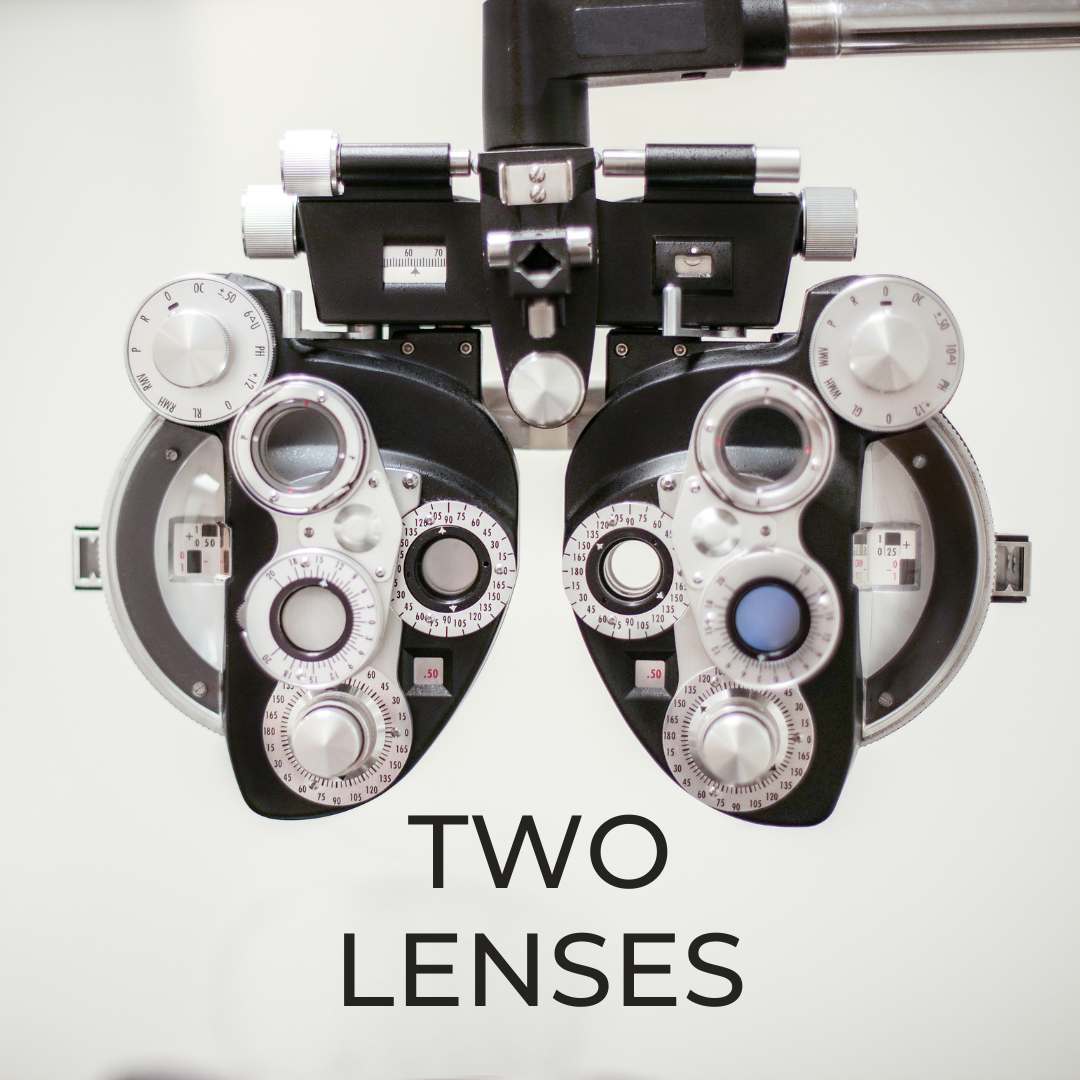
...the compound of the two produces an undistorted picture.
— Eric Weinstein
Recently I listened to a dialogue between two formidably intelligent atheists—one a neuroscientist, author, and podcaster, the other a New Testament scholar and university professor who somewhere in his twenties had lost his faith. They conversed in a generally respectful way about Christianity, but occasionally the guest couldn't help but to chuckle about what he saw as the naivete of his youth and his now-abandoned beliefs. Likewise, the host, though he explored the claims of Christianity with an honest desire to understand—his tone too, at times, belied a dismissive incredulity. At certain moments, listening to the back and forth, I could almost feel them both shaking their heads at what they considered the folly of religion.
It can be hard to engage with such programs because the claims of Christianity are often straw-manned or just labeled as foolishness. In this instance, however, because both these men were clearly very smart, knew their Scripture well, and exhibited an authentic sense of curiosity about their subject and its ramifications with regard to how one lives, I listened to the whole thing, finding it both interesting and intellectually challenging.
As the podcast ended, my mind went quickly to another interview this very podcaster had done with a brilliant mathematician during which the mathematician revealed that though he was deeply committed to science and reason, he also took his Jewish roots and faith very seriously. "I'm fond," the mathematician said, "of the metaphor of the double distortion—of somebody wearing glasses. Their eyes are distorted and the glasses further distort them, but the compound of the two distortions produces an undistorted picture. There are ways," he continued, "in which I worry that the sort of new atheist project really has a very limited market, because it's very important for me, for example, on Friday night to go into a Jewish traditional dinner, where it's not 'wink, wink, nudge, nudge.' We actually go through it and try to do the prayers."
The mathematician, a man named Eric Weinstein who holds a Harvard Ph.D. in physics, humbly suggested to the host that all the centuries-old, crowdsourced, spiritual wisdom that ancient believers utilized to survive and make sense of a baffling world shouldn't be so quickly discounted or contemptuously thrown away. There's a baby, he was saying, in what the host considered mere bathwater.
This seems to me to be the most compelling way to approach faith and doubt and life and all its mystery. Human beings have remarkable minds and an obligation to examine all that's before us with the precision lens of modern reason and cutting-edge science to focus our vision, but something else is in order—the second lens. That is, when we also employ a spiritual lens—the lens of faith—laying it sometimes over, sometimes under the lens of reason in the right measure, the clearest possible picture of reality is placed on offer to us as we continue our ongoing pursuit of truth.
I learned a new word not long ago. It's something we're all familiar with, we just didn't know it had a name. It's called a phoropter—that big piece of equipment eye doctors use to come up with the right prescription to correct our vision. You know the drill—the ophthalmologist brings the machine right up to your eyes and begins to flip the lenses, switching them back and forth, asking you which is better, "One or two, one or two?" It's here that my anxiety kicks in. Sometimes—concerned that I might answer wrong when it's a close call and saddle myself with a bad set of glasses and poor vision—I want to say, "Both. Both are good."
Maybe that isn't such a bad answer sometimes. Our sacred text, the Bible, is full of art, allegory, poetry, theatre, parable, and legend—all of which serve the truth. However, at the same time, not every recounted miracle is a mere metaphor. We shouldn't be so quick, even in a modern world, to quell all mystery or feel obliged to explain what's meant to be transcendent. Instead, as we make our way through the world, it seems wiser, more humble, and more, well, human, to embrace the tension the two lenses create and present—to allow the left and right brain to dialog back and forth. To camp and decamp between the rational and the wondrous. To find a fluidity between the historic and the metaphysical. And to consider deeply both the visible and the invisible. Why? Because it's often at these junctions, these intersections, using both lenses, that we find God, magnetized to truth, just waiting there for us to arrive.
God — With the two lenses, may I encounter You. Amen.
— Greg Funderburk





